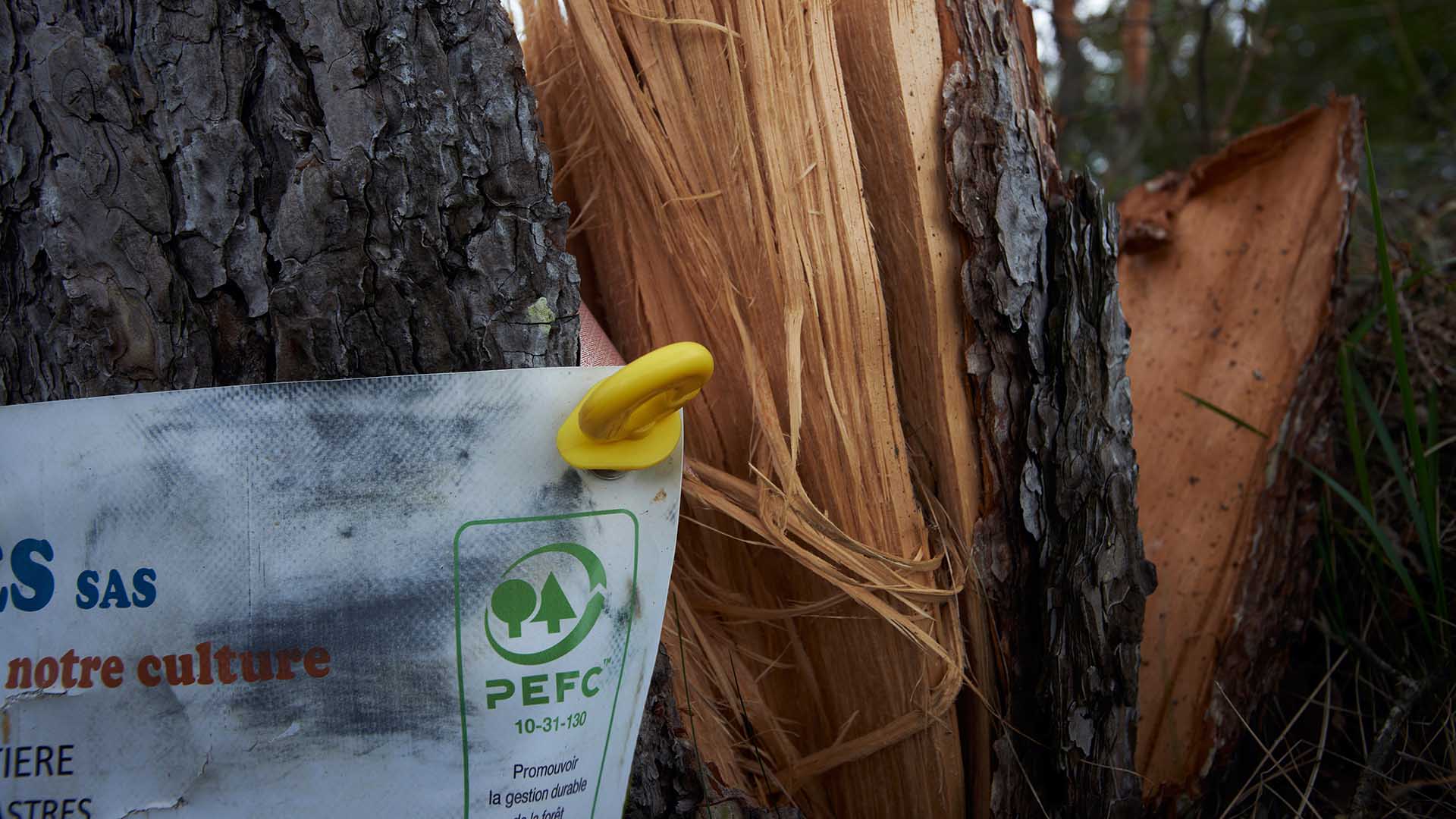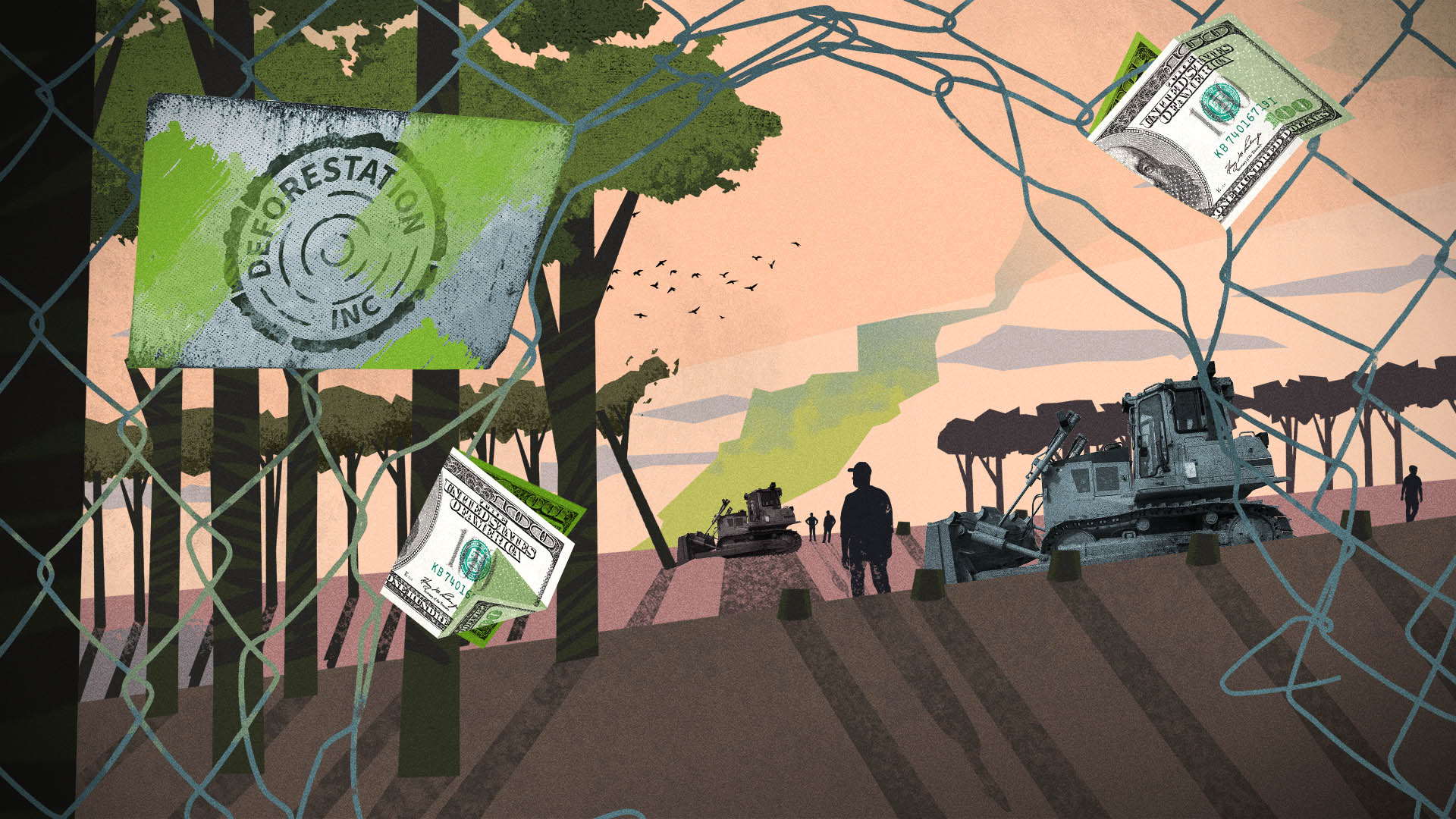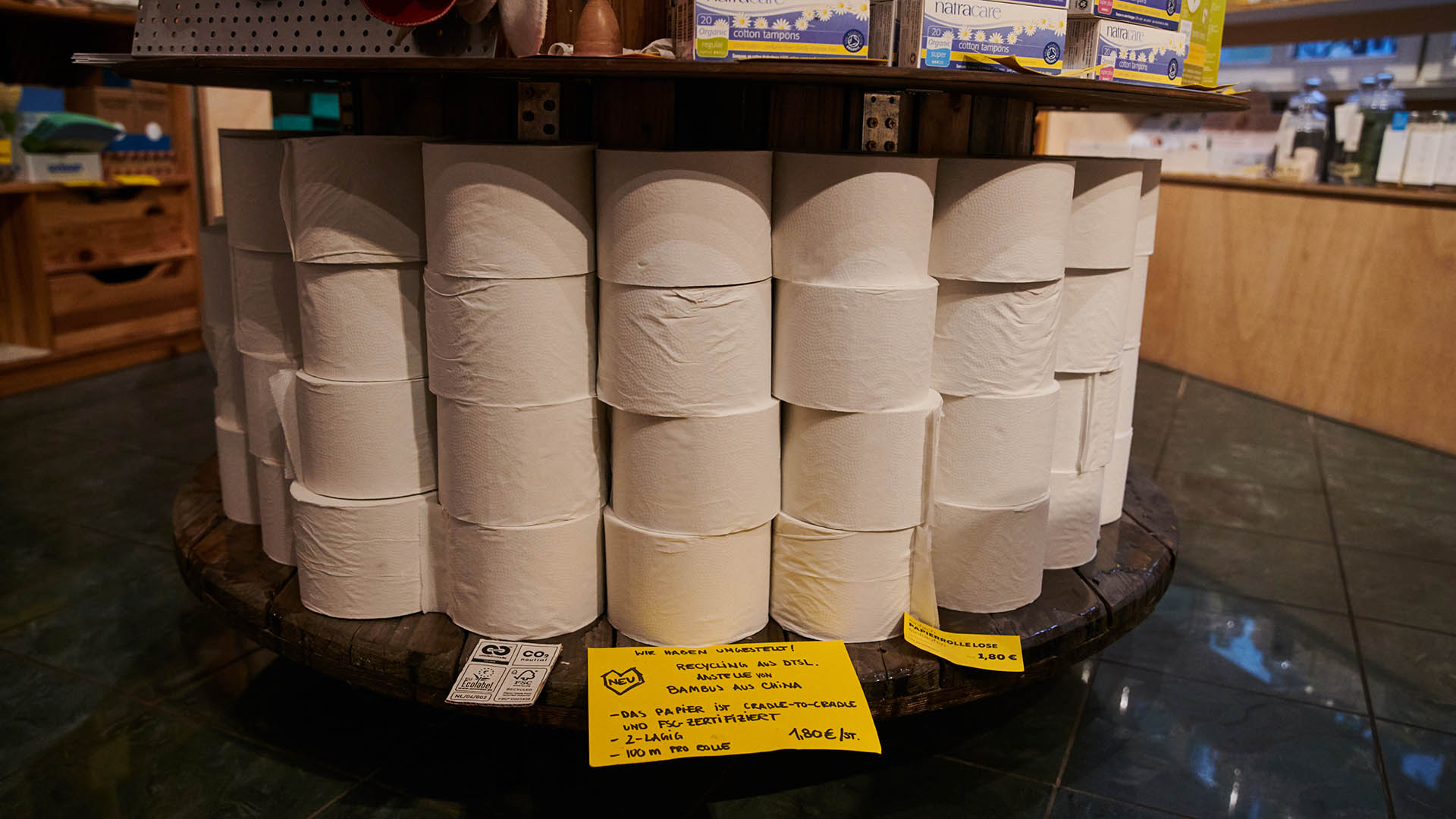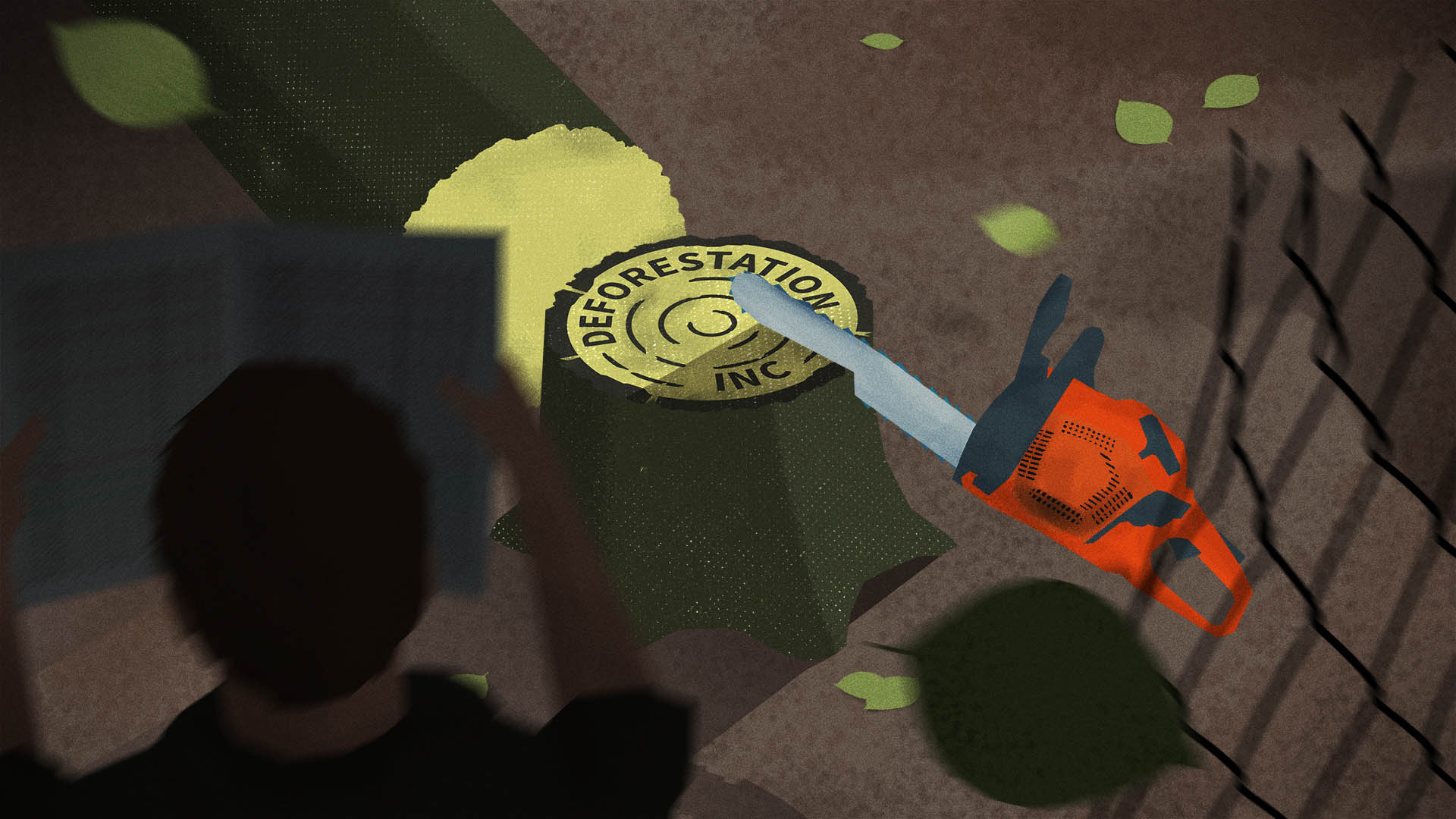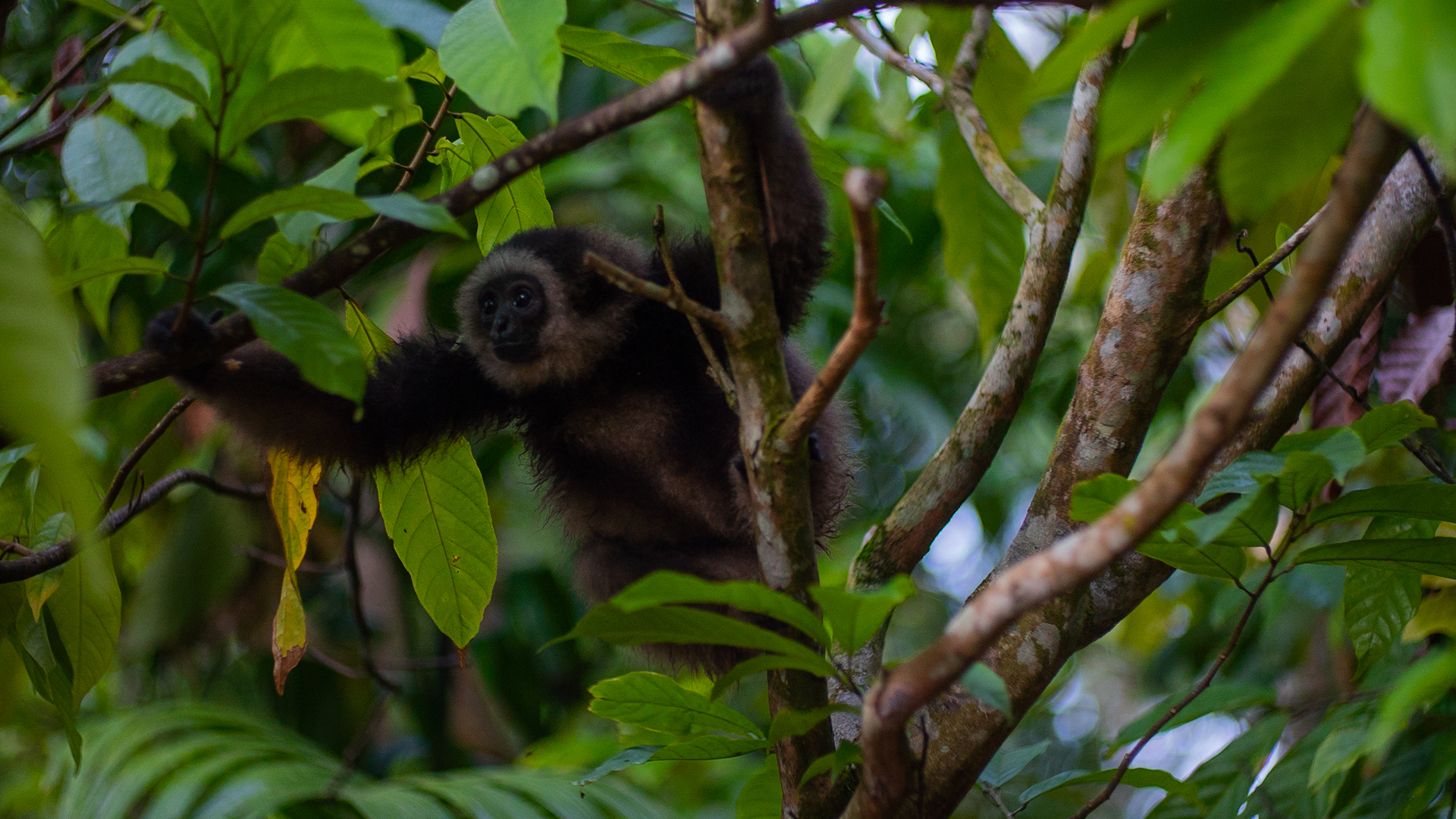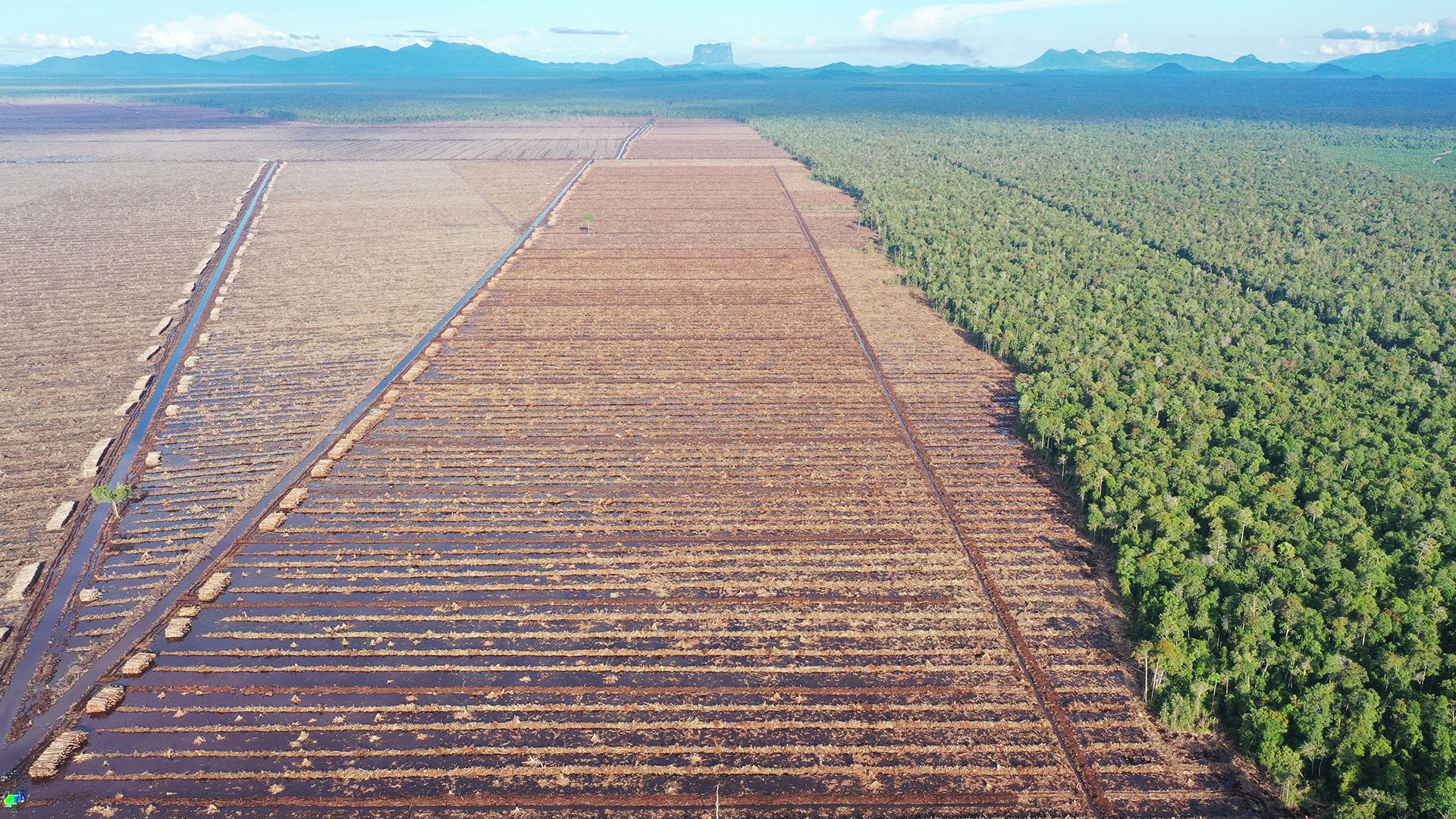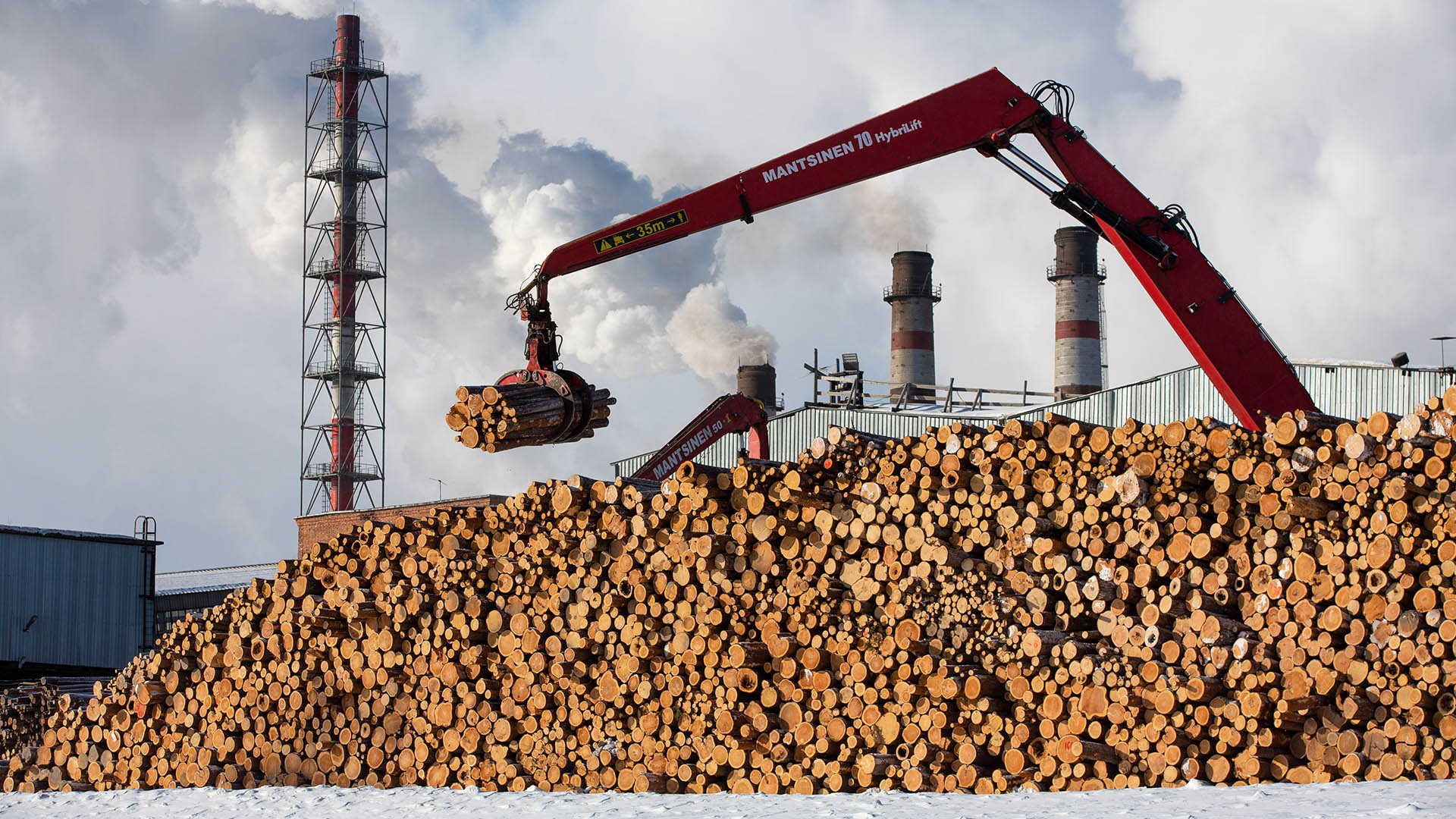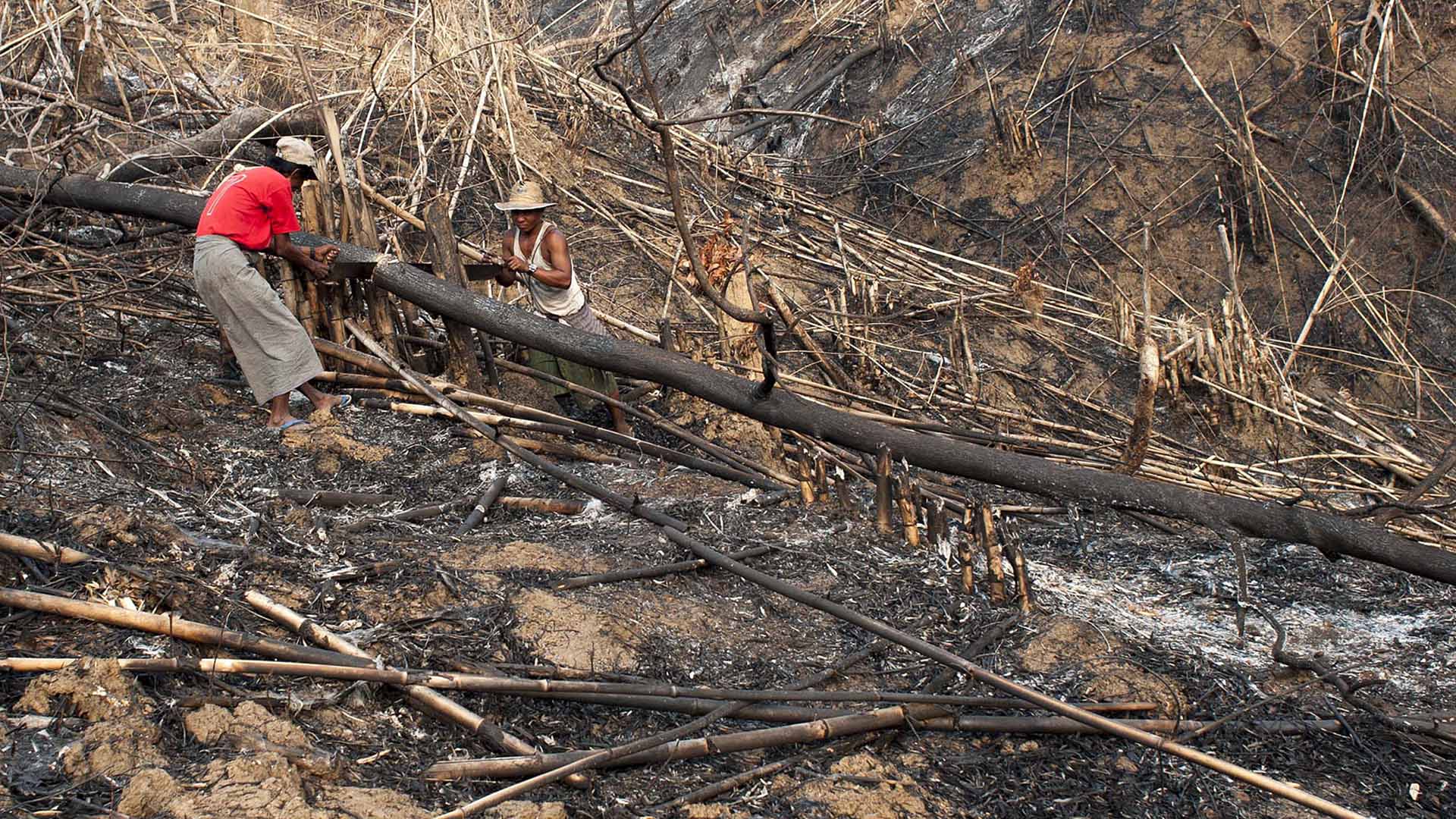An international labor rights group has accused a Malaysian environmental auditing scheme of turning a blind eye to forced labor and safety issues, following the latest revelations in the Deforestation Inc. investigation.
A representative of the Building and Wood Workers’ International group told ICIJ partner Malaysiakini that the Malaysian Timber Certification Scheme was ignoring workers’ rights while certifying timber products as sustainable.
Malaysiakini’s investigation, published last month, revealed that the country’s independent certification scheme — which is recognized at an international level by the Programme for the Endorsement of Forest Certification — had failed to engage with Indigenous groups and that sustainability standards were not being enforced.
The Malaysian story mirrors Deforestation Inc. findings from around the world, which showed how auditing firms hired as verifiers often ignored or failed to recognize glaring environmental violations by their clients.
From Indonesia, to India, to Germany and Chile, ICIJ and its partners found forest-product companies relied on accredited verifiers that are part of a $10 billion industry to make sustainability claims, even while sourcing timber from companies logging in Indigenous forestland, misreporting the type of wood being logged or cutting down protected forests.
Finland
In Finland, Green Party politicians have called to reform the country’s forest laws and further regulate clear-cutting after ICIJ’s Finnish partner YLE found many forest crimes go unreported, and violations by forestry companies are rarely made public. YLE also found “gaps in the supervision of forest certificates in Finland”: court judgments go unnoticed, violations of certificate rules are often dealt with by companies internally, and the results of the inspections are not published.
This means that environmental audits may fail to mention companies that violated the law, according to a YLE review of court judgments against forest-product companies from 2019 to 2022.
Indonesia
In Indonesia, ICIJ media partner Tempo investigated the so-called “timber verification and legality system.” The national certification program was implemented more than 10 years ago by the Indonesian government to comply with timber importer requirements imposed by the European Union. Tempo’s investigation, partly based on research by environmentalists at the Independent Forest Monitoring Network, found that over the last decade environmental auditors missed or overlooked environmental and social violations by forest-product companies operating in Indonesia in more than 100 cases. The violations ranged from land-grabbing, to price-fixing and misreporting the type of wood the forestry company had logged with the aim of reducing the company’s tax bill. In some cases, Tempo found, a company that had lost certification due to a violation hired a different auditing firm and obtained a new certification without fixing the initial problem.
Chile
In Chile, reporters with LaBot found that a Japanese company sourced timber from suppliers later charged by local authorities with logging illegally in Indigenous forestland. An environmental auditing firm had checked the Japanese timber giant’s supply chain without finding any irregularities. Yet, LaBot reported, to this day the origin of the timber is not known because the company used a mix of wood coming from both known and unknown sources in its supply chain.
India
The Indian Express investigation revealed “several attempts of greenwashing” by Indian auditing firms working for local forest-product companies. According to interviews with industry insiders, sustainability certifications are easy to obtain in the country, where subcontractors frequently carry out the audits. The insiders characterized the certification process in India mostly as a tool to bypass regulatory requirements in Europe and the U.S. One of the two certification schemes operating in the country “endorses the national standards of any country.” But the investigation found that India’s Ministry of Environment had abandoned plans to create a national forest standard, despite an expert report recommending its creation in 2000.
Germany
In Germany, reporters found that German auditing firm TUV, one of the world’s largest players in the so-called “test and inspection” industry, certified as sustainable companies accused of illegal deforestation, violence and displacing Indigenous communities in at least 50 instances.
In response to questions from Süddeutsche Zeitung and NDR, ICIJ German partners, TUV said it no longer had a business relationship with about half of the companies whose operations it previously certified as sustainable due to “unresolved land conflicts.” TUV said it conducts its tests “carefully, conscientiously and independently.”
